
A careful reading of the Gospels reveals that the birth of Jesus takes place amid dark political machinations. Despite generations of Christian efforts to make the story suitable for children in cheerful Christmas pageants, Christmas has a menacing subtext of poverty, marginalization, the threat of an honor killing, angel warnings, bold escapes from danger, a ruthless tyrant, and the actual killing of countless baby boys.
Epiphany marks the final episode of the Christmas story: the magi’s visit to the Christ child. By the time we reach this day on the calendar, the holidays are over, kids are back in school, and with a sense of relief we’re packing up Christmas decorations and settling back into our normal routine.
Taking one last look back at events surrounding Jesus’ birth seems almost anticlimactic.
Yet to close the books for another year’s round of Christmas celebrations is to miss the point. Especially within the context of a world in constant turmoil—where wars, injustice, oppression, and evil seem always to prevail, and powerful despots hold the upper hand and command the headlines—we need this final chapter of the Christmas story more than ever.
A Cosmic Confrontation
Far from being a welcome distraction from all of the divisiveness and turmoil of today’s politics, the birth of Jesus triggered cosmic events that are still playing out and that directly engage today’s political realm.
All four Gospels begin with bold subversive political statements that would be regarded as revolutionary in any country. Matthew establishes Jesus’ legal right to the throne of King David. Mark declares, “The kingdom of God has come near; repent and believe the good news” (1:15). Luke records the angel Gabriel’s words to Mary about the son she would birth: “He will be great and will be called the Son of the Most High. The Lord God will give him the throne of his father David, and he will reign over Jacob’s descendants forever; his kingdom will never end” (1:32). The Apostle John casts a global vision of King Jesus who is the light that invades the darkness (1:1-5).
This cosmic battle intensifies and things turn deadly when the magi arrive in Jerusalem, determined to find “the one born king of the Jews.” Matthew is the only Gospel writer to record their story (2:1-23). The fact that they are Gentiles explodes the boundaries of this new King’s realm beyond the borders of Israel.
A Ruthless Tyrant
The reigning king of Israel was Herod the Great whose paranoia and ruthlessness inspired Caesar Augustus to say, “I would rather be Herod the Great’s pig than his son.” Herod, who was part Jewish (meaning pork was off the menu), had a bad habit of murdering his rivals, including his own wife and sons.
When word of the magi’s mission reached Herod, it set of loud alarms. He asked the Jewish religious leaders where the true Messiah was to be born. They pointed him to Bethlehem (Micah 5:2).
To get a sense of the terrible threat this posed, imagine how Crown Prince Mohammed bin Salman would react (and the subsequent bloodshed) if an impressive delegation of wealthy dignitaries and experts showed up in Riyadh asking, “Where is the one born King of Saudia Arabia?”
Herod’s order to slaughter Bethlehem’s little boys age two and under in hopes of assassinating Jesus displayed, not just his willingness, but his determination to kill Israel’s true Messiah.
Where Thrones Shake
The birth of Jesus was not good news for King Herod. As Dietrich Bonhoeffer powerfully reminds us, neither is it good news for perpetrators of injustice and abuse, for power mongers, or for ruthless tyrants at any point in history.
“For the great and powerful of this world, there are only two places in which their courage fails them, of which they are afraid deep down in their souls, from which they shy away. These are the manger and the cross of Jesus Christ. No powerful person dares to approach the manger, and this even includes King Herod. For this is where thrones shake, the mighty fall, the prominent perish, because God is with the lowly. Here the rich come to nothing, because God is with the poor and hungry, but the rich and satisfied he sends away empty. Before Mary, the maid, before the manger of Christ, before God in lowliness, the powerful come to naught; they have no right, no hope; they are judged. . . . Who among us will celebrate Christmas correctly? Whoever finally lays down all power, all honor, all reputation, all vanity, all arrogance, all individualism beside the manger; whoever remains lowly and lets God alone be high; whoever looks at the child in the manger and sees the glory of God precisely in his lowliness.”[1]
Epiphany demands a new kind of politics. The Lord’s Prayer itself is a public declaration of political allegiance to a different Kingdom. Eugene Peterson (whose passing is our profound loss and heaven’s gain) agreed.
“Prayer is subversive activity. It involves a more or less act of defiance against any claim by the current regime. . . . [As we pray,] slowly but surely, not culture, not family, not government, not job, not even the tyrannous self can stand against the quiet power and creative influence of God’s sovereignty. Every natural tie of family and race, every willed commitment to person and nation is finally subordinated to the rule of God.”[2]
We live in the already-not-yet, between Jesus’ two advents. Epiphany compels us to wait and watch and . . . in the meantime to participate as active agents of King Jesus and his kingdom.
“There might be nothing more radical and politically important than the notion that we are both anticipating the coming kingdom of God and offering glimpses of it today. This posture of ‘waiting and hastening’ (2 Pet 3:12) is a necessary stalwart against both political idolatry and political apathy. Instead of using the coming reign of Christ to justify political inaction, exploitation of the natural world, and indifference toward material suffering, Advent reminds us that we still have a job to do. While the master of the home is away, the expectation of his return motivates our participation in the redemption of the world. At the same time, the Advent reminder that we live between two advents keeps us from putting our hope and salvation in earthly political systems, for our true King is coming again and possesses the real power to make all things right.”[3]
Come Lord Jesus, come!
[1]Bonhoeffer, Dietrich. God Is In the Manger, (Westminster John Knox Press), 26.
[2]Eugene Peterson, Where Your Treasure Is: Psalms that Summon You from Self to Community, 66
[3]Kaitlyn Schiess, “Advent is actually quite political.”




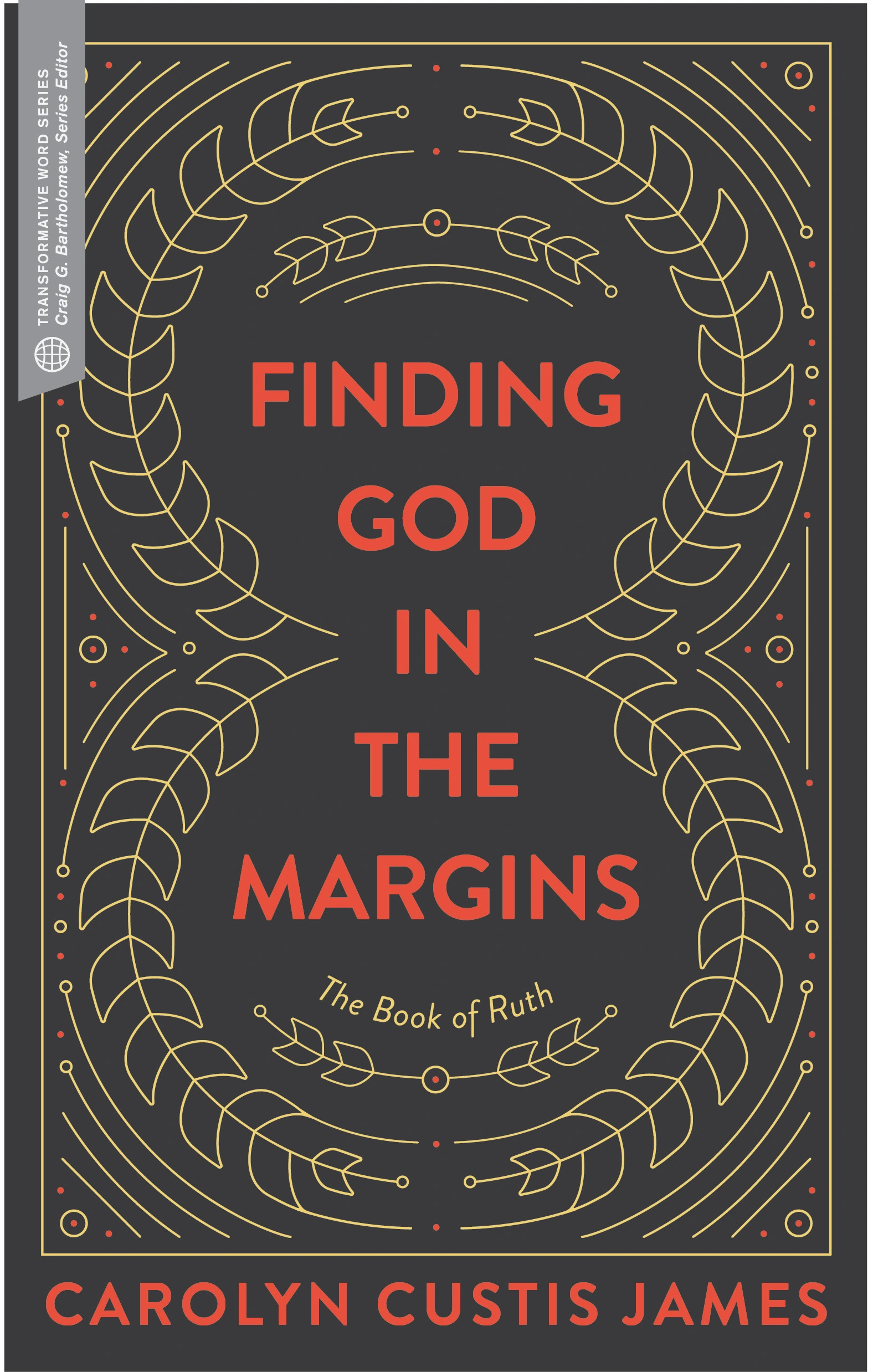
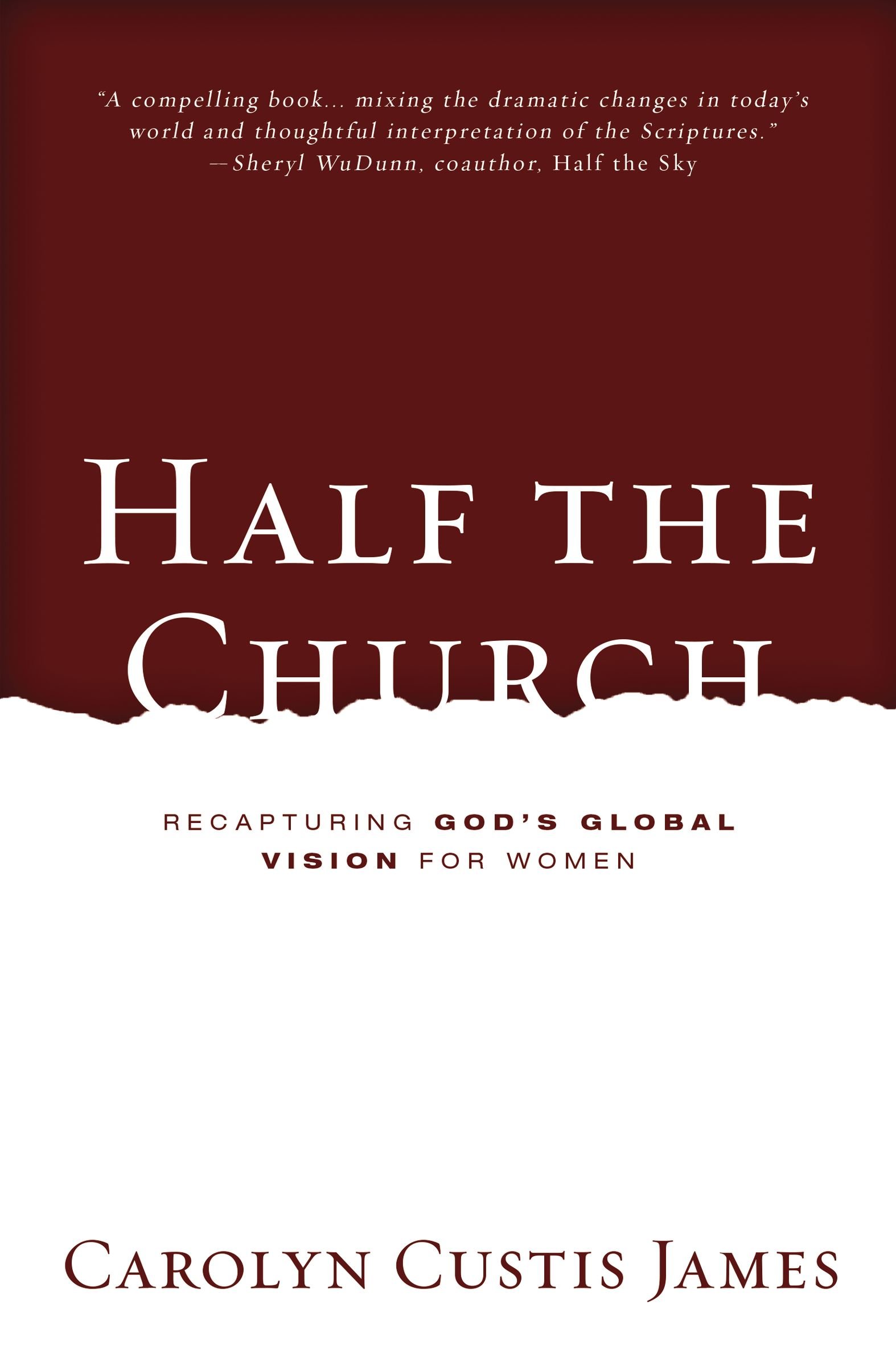
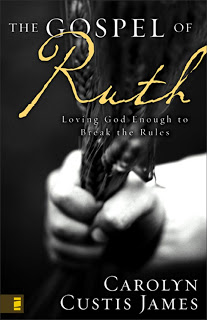
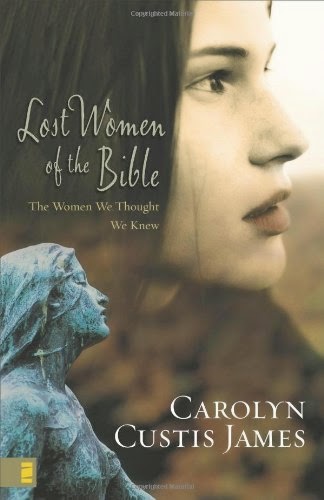

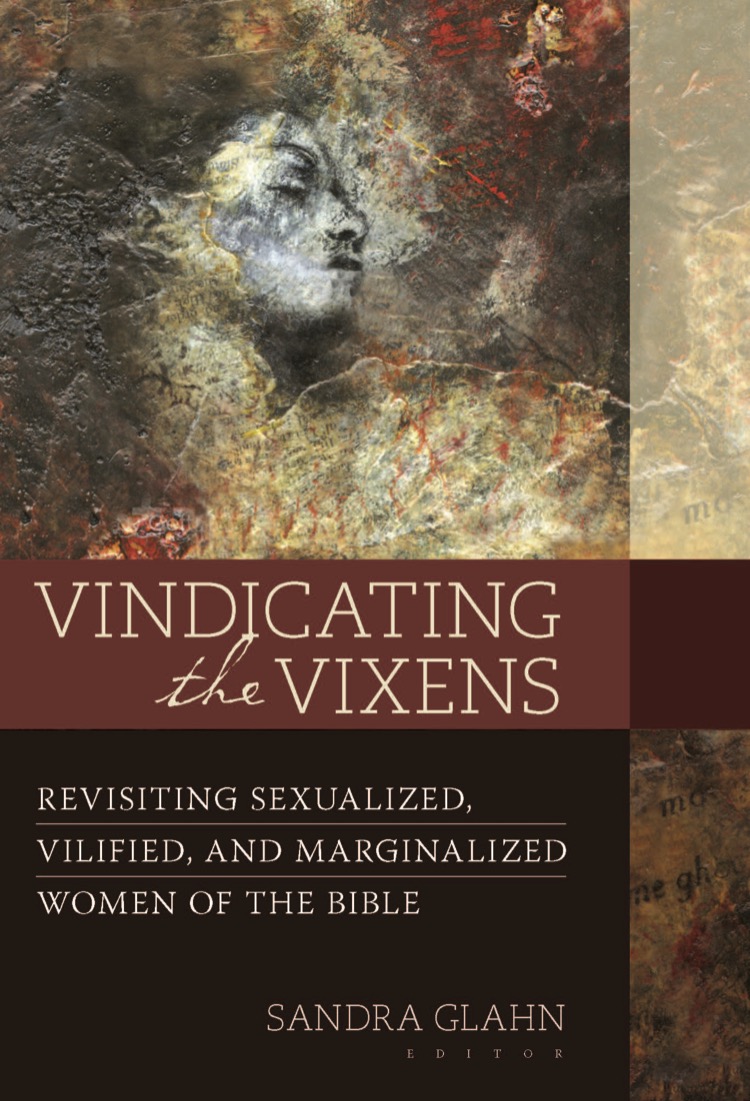




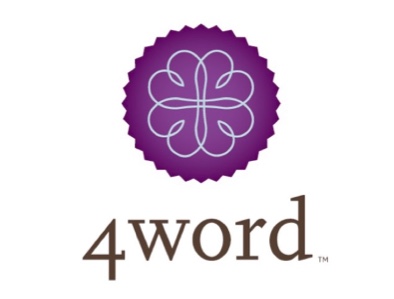
Amen Carolyn !!!
LikeLike
Once again, as always, your writing with it’s timely reminders and heart, hits my heart. To love, to pray, to be strong in the Lord, to humble myself for the sake of Jesus and his kingdom. Thanks again Carolyn.
LikeLike
Very well thought out, especially in view of many of today’s events. And we should be actively expecting the return of our King. In my Bible (a Living Bible), an angel tells Daniel that the sign of the end times will be “when travel and education shall be vastly increased.” (Daniel 12; 4.) That’s certainly been happening in our lifetimes!
LikeLike
i love your brain and heart Carolyn!
LikeLike